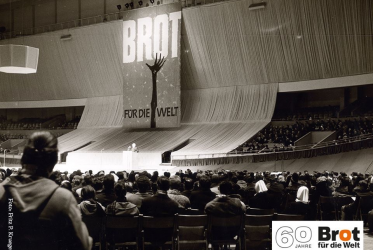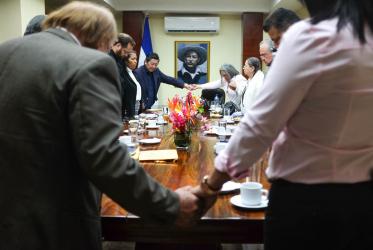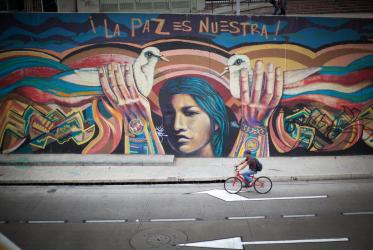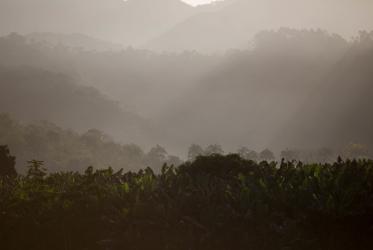Displaying 21 - 40 of 69
WCC urges protection of Colombian peacemakers
19 July 2018
WCC calls for peace in Colombia
09 February 2018
WCC delegation visits Conference of Latin American Bishops
08 February 2018
Protect the Amazon, urges WCC statement
22 November 2017
Une déclaration du COE exhorte à protéger l'Amazonie
22 November 2017
WCC welcomes new temporary ceasefire in Colombia
06 September 2017
In Argentina, stirring journey for human rights continues
01 September 2017
En Argentine, l’aventure agitée des droits de la personne se poursuit
01 September 2017





